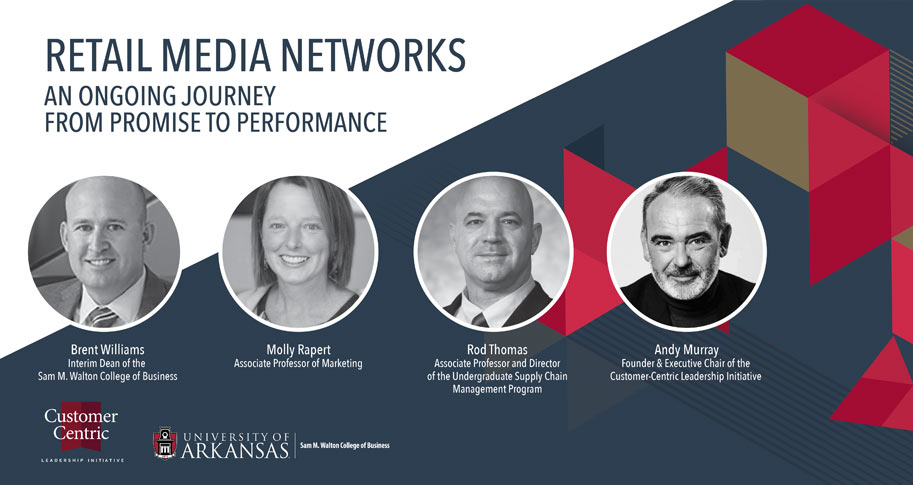
How is the voice of the customer present wherever and whenever you make key decisions?
The role of the chief customer officer – or other similarly titled c-suite executive positions – is relatively new in the corporate world, so there’s still debate over the position’s value.
In 2016 for instance, Forbes published an article title, “Why Your Company Needs a Chief Customer Officer.” Then in early 2020, Forbes ran another article, this one titled, “The Case Against A Chief Customer Officer.”
Perhaps the editors were just covering all their bases. But upon closer examination, both articles were accurate. The case against having a CCO was primarily based on having one for the wrong reasons or having one who operates in the wrong ways. The three reasons the author was against having a CCO were:
- In many cases, CCOs are merely figureheads so that the company looks customer-focused.
- CCOs often aren’t given any real power, such as access to a team or data.
- Relying on a CCO can take some responsibility away from employees owning the customer experience.
The author’s conclusion: “For best results, the CEO should lead customer experience.”
At the very least, the CEO needs to champion the voice of the customer, but that doesn’t mean an organization shouldn’t also hire someone with real authority to represent the customer in the boardroom and across the organization.
A growing number of companies are doing just that. A survey in 2014 found that 22% of Fortune 100 companies and 10% of Fortune 500 companies had someone in the role of chief customer officer. But the real issue isn’t whether an organization should assign a certain title, it’s how the organization should go about giving the customer a voice in decision making.
Sarah Friar, CEO of the networking platform Nextdoor, for instance, talks about making sure “your customers are just all around you all the time. She said she had an office with photos of customers everywhere as a reminder that “this is who we serve.” And she said each section of their board’s meeting notes begins with a story about a customer — includes stories where they failed.
Or consider Amazon, which has no chief customer officer. Yet, CEO Jeff Bezos has famously said, “Obsessing over customer experience is the only long-term defensible competitive advantage.” And the company makes it a regular practice to reserve an empty chair at every meeting for the customer as a visual reminder.
So is that the right approach? Maybe. Or maybe not. For some companies, the empty chair trick might soon grow stale. Pretty soon, people forget why the chair is empty and don’t visualize the customer or anyone else sitting in it. They just think someone skipped the meeting.
There are also those who will say that no one person is in charge of the customer experience because that job belongs to everyone. In reality, if everyone owns it, no one owns it.
Organizations need someone who takes responsibility for the customer experience and is held responsible for the results. That might be a CCO or a CEO or some other title, but it’s always a person who is empowered to learn and represent the customers’ interests, behaviors, and attitudes at each stage of the decision-making process. This is the leader who sets policies and standards on decisions that affect customers and who prioritizes the customer experience across the organization – especially in areas where the customers’ voice isn’t customarily heard.
If the customer isn’t top-of-mind when making key decisions, an organization risks being overlooked and overshadowed by customer-centric competitors. So regardless of titles or empty chairs, a truly customer-centric approach always finds a way to represent the customer in the decision-making process.
| Button | |
|---|---|
| Class Separate classes with a space. |
Text and Link |
| btn-lg btn-danger | Subscribe to the newsletter |





